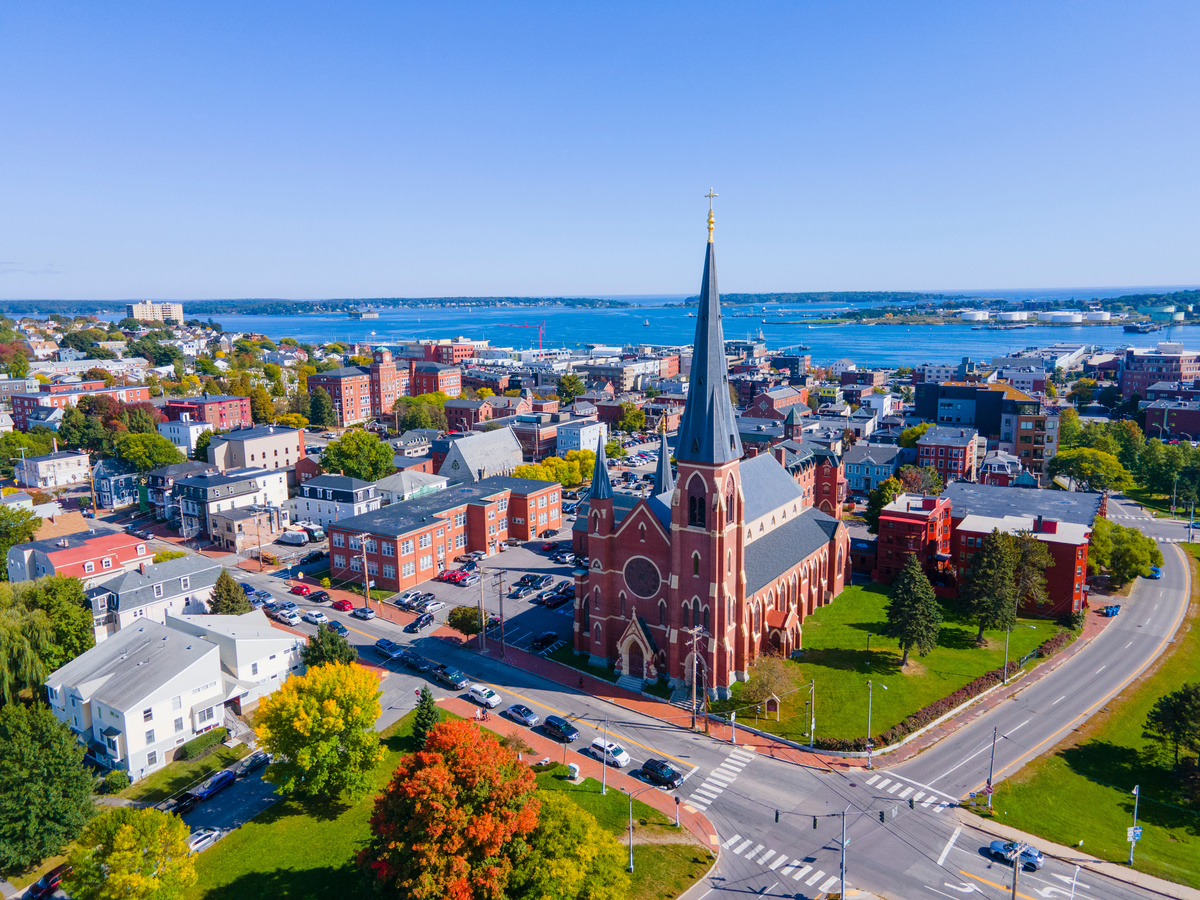
Supreme Court 2025: Five Major Decisions Reshaping State Policy Nationwide
July 15, 2025 | Sandy Dornsife
December 12, 2024 | Sandy Dornsife

Key Takeaways:
State high courts issue thousands of opinions each year, and these decisions can have major impacts on public policy. To help you keep track of consequential judicial decisions and their impact on state policy, MultiState publishes the Monthly Court Report, which offers a monthly recap of notable state high court decisions to provide a more dynamic picture of public policy trends.
Climate change tends to be a politically charged issue with legislators rarely able to reach across the aisle to come to a consensus. It is no surprise that such a contentious issue has become the subject of litigation with increasing frequency over the past decade. Cases filed by private citizens have focused on constitutional claims. In Held v. Montana, 16 young people argued that the state violated their constitutional right to a clean environment through its energy and environmental policies. In Hawaii, a settlement was reached in the case of Navahine v. Hawaii Department of Transportation where youths argued that the state was violating their constitutional right to a clean and healthy environment in its operation of a transportation system that prioritizes fossil fuel burning technologies.
Although climate change litigation is not a uniquely American phenomenon, what does seem to be specific to the United States is who these cases are filed against. Historically, 40% of cases outside of America have been filed against corporations, while corporations are only targeted by 15% of cases in the U.S. In recent years, however, as states and localities have begun to file their own claims, companies have experienced increasing vulnerability.
Recently, Maine joined a lengthening list of jurisdictions in filing a lawsuit against an oil company for damages caused by their attempts to hide the environmental impact of fossil fuels. Maine asserts that the burning of fossil fuels is directly responsible for climate change, and has resulted in rising sea levels and flooding causing property and infrastructure damages along Maine’s coast. While the state calls upon a number of common law legal principles to make its case, including trespass, negligence, and failure to warn, it, notably, invokes the idea of public nuisance. In a previous post, we discussed the evolution of public nuisance from a minor criminal charge to a “super tort” used to hold various entities responsible for anything from the opioid epidemic to neighborhood blight.
The lack of precedent means that state high courts will soon be faced with deciding the legality of these cases, which may end up creating disparate corporate responsibilities across the country. It will be important for companies and climate advocates alike to follow these state cases closely, as their success or failure will not only determine the course of all future climate change litigation, but greatly impact the area of tort law in general.

July 15, 2025 | Sandy Dornsife

July 8, 2025 | David Shonerd

June 17, 2025 | Sandy Dornsife